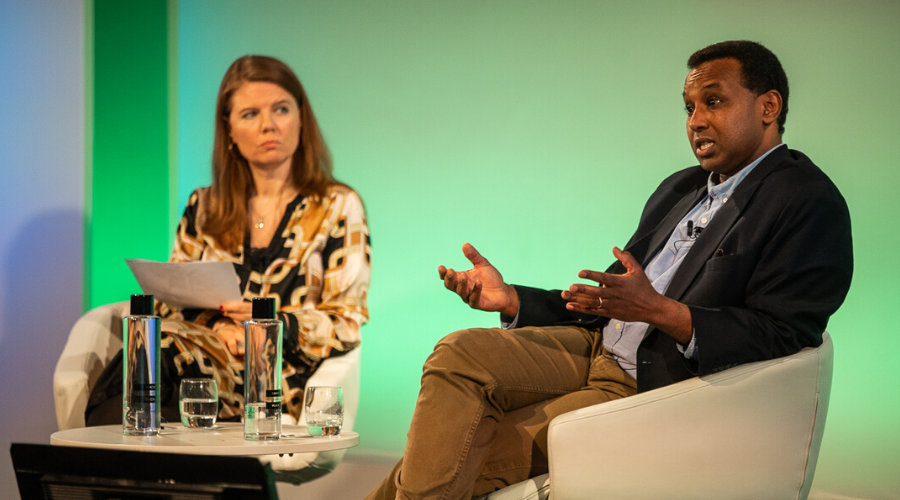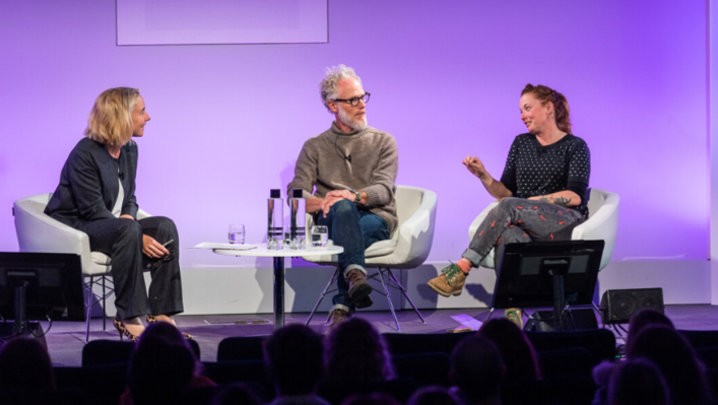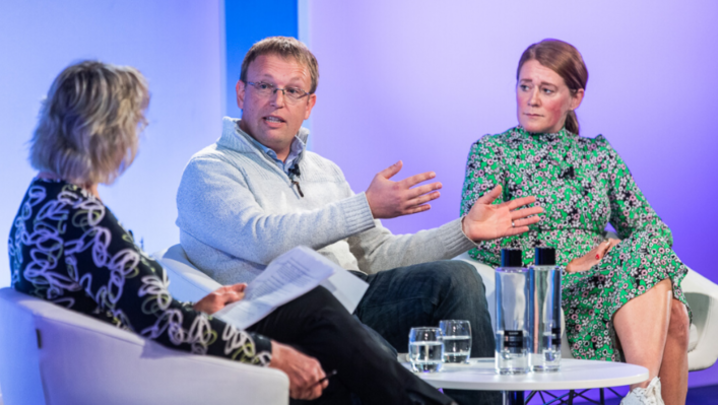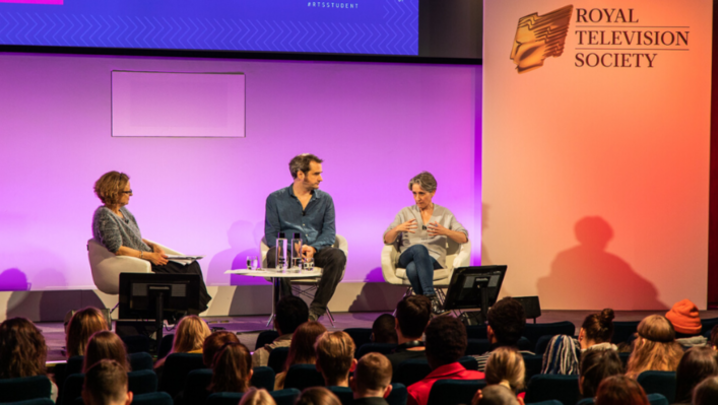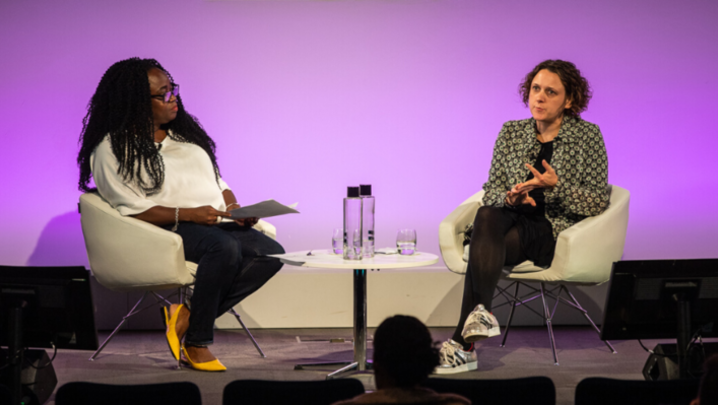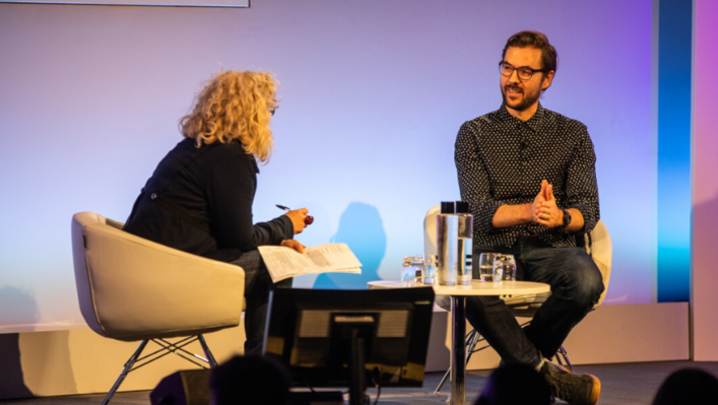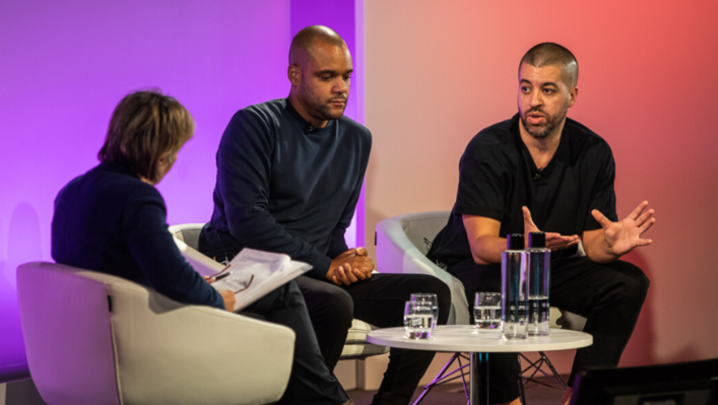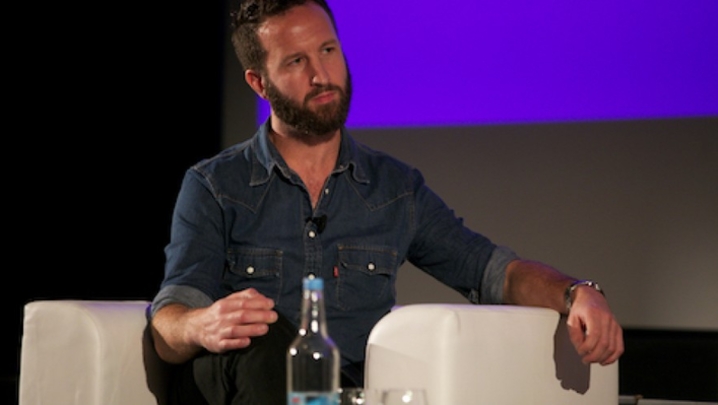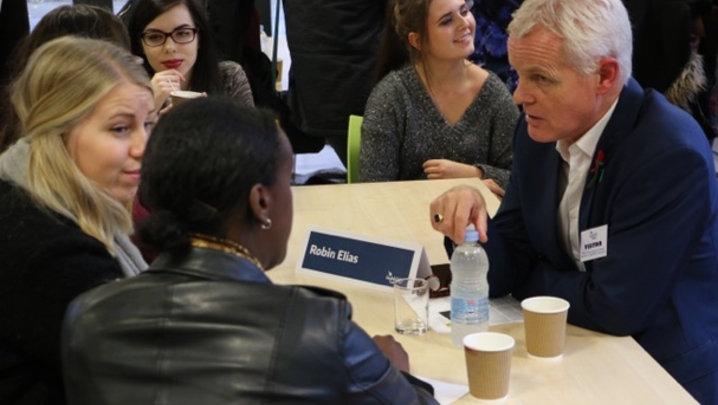Rageh Omaar is International Affairs Editor, ITV News. He also presents ITV’s On Assignment and anchors the News At Ten. Prior to that he worked for BBC Television News, where he reported on the invasion of Iraq and the fall of Baghdad in 2003. His numerous awards have included a Peabody Award for his reports from Darfur for the BBC and a BAFTA for his BBC coverage of the invasion of Afghanistan, where he was the only western TV journalist to report from inside Taliban-held Kabul. He was interviewed by Nuala McGovern, who works for the BBC World Service.
Why he wanted to be a journalist: I was born in Somalia where my father was part of the independence movement and a businessman who spent a lot of time in the UK. He moved us to the UK where I was educated.
Around our kitchen table we’d discuss what was happening in the world. That was where I first became interested in international news and the day’s big issues such as apartheid and Nelson Mandela and revolutions in the Middle East.
I thought I’d like to work in an area that allowed me to experience that. It took me a long time to realise that journalism was one way to explore the world.
There were no other journalists in the family. Don’t be put off working in journalism if you don’t have any connections to the sector. Journalism is very had to get into without contacts. It is still a somewhat opaque calling.
His first job in journalism: At university (he read history at Oxford) I didn’t do any student journalism because it seemed to me to very cliquey. I was more interested in having fun.
Learning to touch type was the most relevant thing I did. I did a typing course, the best thing I ever did. Journalism is a very practical job. It’s about meeting deadlines, editing pictures…The Financial Times had a graduate scheme. To get on it I had to write an article relevant to FT readers.
It was after the first Gulf War when Saddam Hussein had invaded Kuwait. I thought it was be interesting to find out what impact this was having on OPEC (the Organisation of Petroleum Exporting Countries) and phoned the OPEC ambassador in London.
He was thrilled to hear from the FT. I didn’t actually tell him I was writing a piece in order to get on their graduate training scheme. In other words, I was hustling. On the basis of that, the FT invited me for an interview.
Why having local knowledge is important: We as journalists should never be afraid of returning to where we came from and find out what’s happening there. Having an inside knowledge does help. I’ve reported from Somalia for ITV News. Access is hugely important.
Heart versus head: You always have to think practically when you’re telling a story. It may be heart-breaking what you’re witnessing on the ground, but you’re always thinking what shall we film?
It’s not callous, but when you’re at the centre of a humanitarian crisis like the drought in Somalia you have to make calculated decisions as to what would look good on TV and get you more time on the bulletin.
Of course you empathise (with the victims), but at the same time you have to think ‘How can I make this story come to life so that people back in the UK can relate to it?’
Working in war zones: Viewers don’t realise that reporters don’t just pop up in global hot spots and start reporting. Nothing could be further from the truth. They’re only there, able to operate and hopefully stay safe because of the local fixers. They are journalists who work as local production staff as support to international news crews. Without them, to quote our Prime Minister, we’d be dead in a ditch, literally. They’re our guardian angels and know the places that have to be avoided.
Keeping emotions in check: When you see people in very difficult situations you have to remember why you’re there. You’re reporting something that is much bigger than you.
At the beginning of my career the attitude in journalism was very unhealthy…It was a much more macho environment but that has changed for the better.
Today people who go to conflict zones are given a lot more support than they once were. In the old days if you turned down an assignment you’d put your career at risk. Today you can say no – and I have said no quite a few times.
I remember Jeremy Bowen (the BBC’s Middle East editor) saying after he’d reported on the bombing of civilians by Serbian forces in Sarajevo that no one would listen to him if he showed his emotions. Telling the story methodically and with detachment has far more impact.
Keeping safe in hostile environments: You work with people who you trust. We’re very lucky working for these large organisations that have the infrastructure to get us somewhere with some degree of protection. After that it’s down to experience and not thinking what you’re doing is an adventure. The ability to be scared is very important. The minute you lose that you’re in danger.
It’s the local journalists and not the international correspondents who tend to find themselves in harm’s way. It’s that old adage: ‘Don’t die for the story.’


